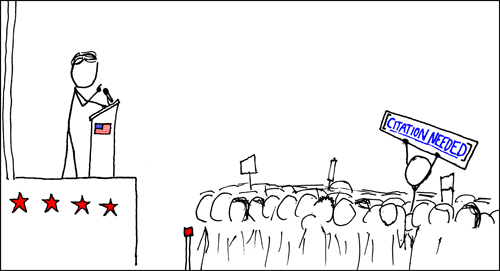The reason for students seeking out educational opportunities in PsyD programs is due to the high quality of clinical psychology training in these programs.
So let me get this right, students are passing up funded university programs to attend high quality clinical training at free standing professional programs?
Anyone believing that would need to examine the deleterious effects of their crack habit. Students are choosing these programs when they cannot gain admission to funded programs. Nearly no one wants to spend $100,000 or more on an education they could obtain for a greatly reduced cost at a more prestigious university with funding.
The EPPP is a poor indicator of clinical psychology training and is not an accurate outcome to measure the quality of a clinical psychology program. The EPPP needs to be adapted or changed to reflect what it purports to measure. Clinical Psychologist have already passed comprehensive exams during their training in their doctoral program, so why is it necessary to have another exam five years later over this subject matter?
Do you have any empirical support for this hypothesis? I somehow doubt it.
Graham, J. M. and Kim, Y.-H. (2011), Predictors of doctoral student success in professional psychology: characteristics of students, programs, and universities. J. Clin. Psychol., 67: 340–354. doi: 10.1002/jclp.20767
I'll let you read and evaluate the research for yourself.
Clinical Psychologists numbers are basically a minority in the Mental Health field as there are many more LPC, LCSW, and LMFT that will see clients for $60 to $100 per hours.
This is the reason for wage reductions not PsyD clinical psychologists.
I know some clinical psychologist who will not accept Medicaid/Medicare clients or insurance and are completely self-pay at a rate between $180 to $200 per hour.
They may only have ten clients whereas a LPC will charge $75.00 per hour and have 30 clients and they both have basically the same income. Maybe the psychologists should reduce their rate to $100 per hour.
So the answer is for psychologists to lower their fees? That sounds like autistic thinking.
Psychologists need to highlight the differences between psychologists and other allied mental health professionals.
Clinical psychologists bring something unique to the table just as Ph.D. trained psychologists bring a unique and valuable perspective to the table, a perspective that is different from our Psy.D. brethren who have their own unique and valuable training.
As much as many might like to equate a Ph.D. to a Psy.D., it's simply not possible, the training is different. Not better, not worse, but different. In general, many free standing professional programs attract a student population with lower level of overall educational success making it even more difficult to compare outcomes of the two training models side by side.




